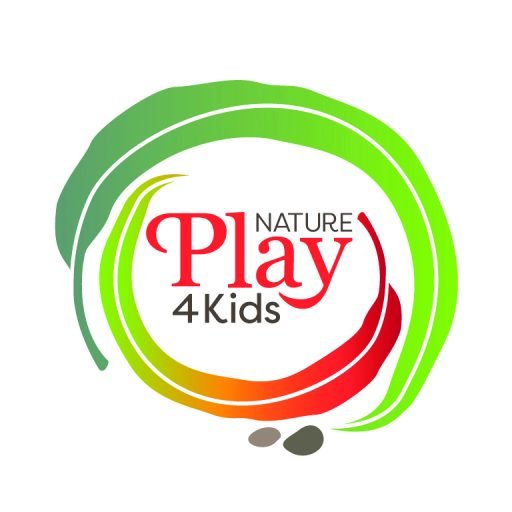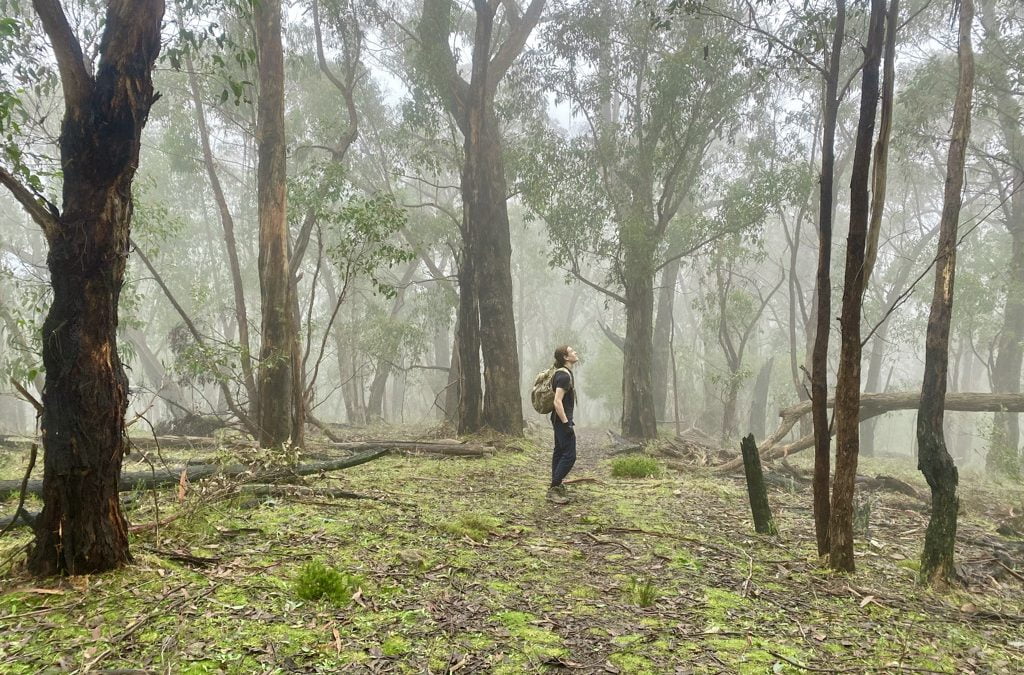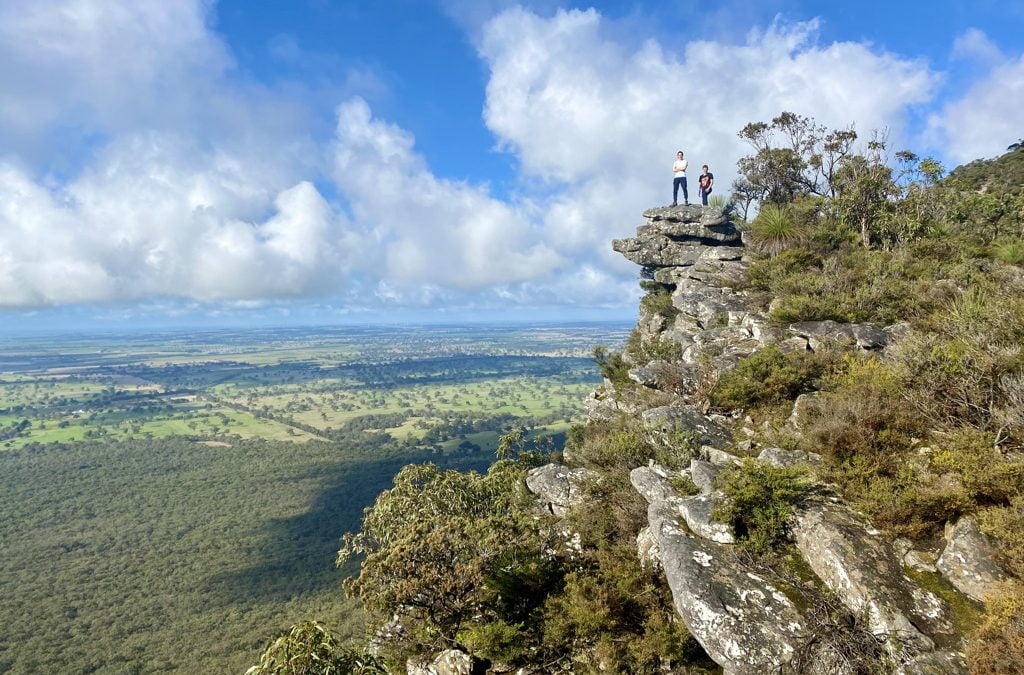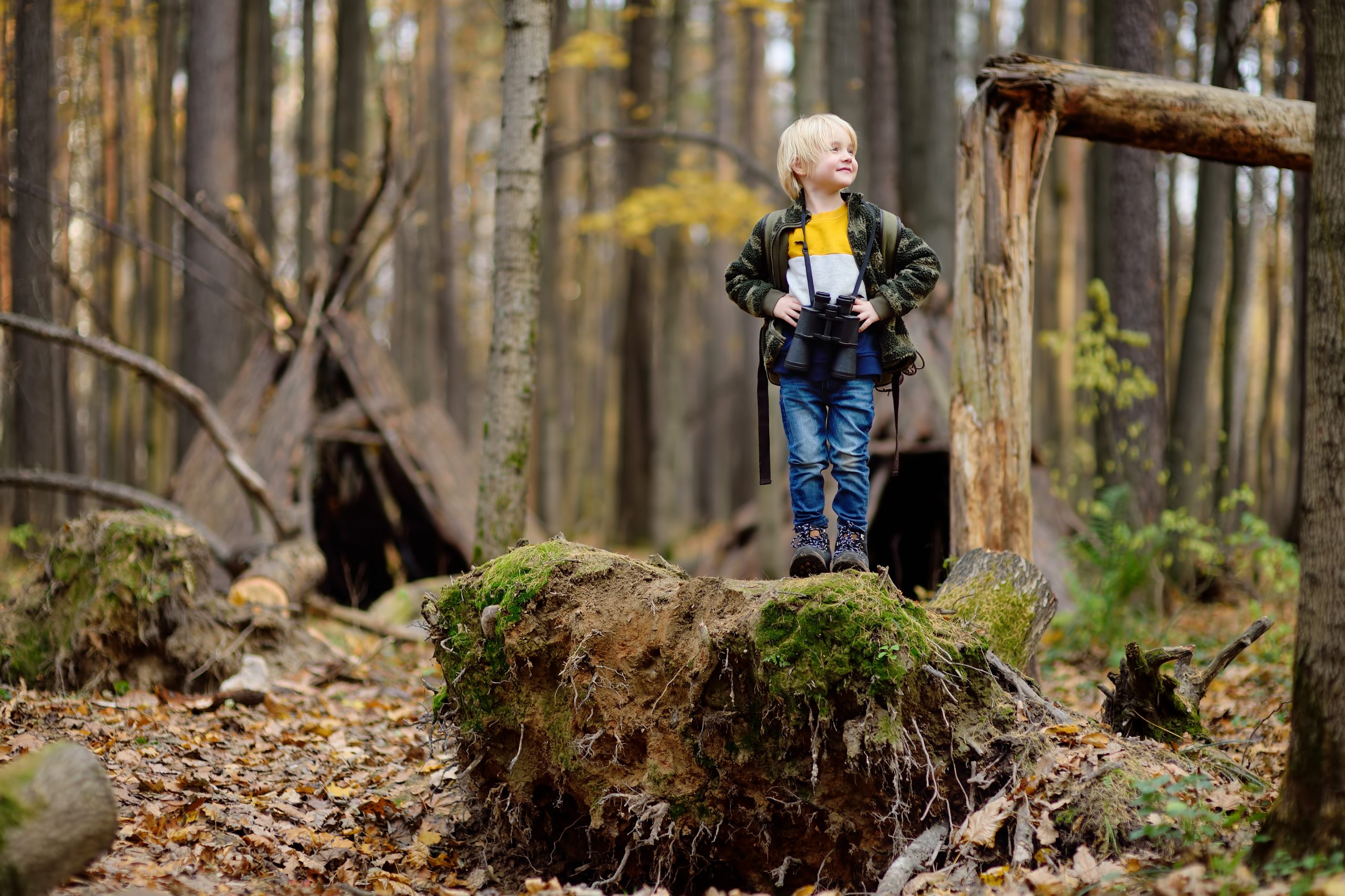
“Ecoliterate” is our shorthand for the end goal of this kind of learning, and raising ecoliterate students requires a process that we call “socially and emotionally engaged ecoliteracy”—a process that, we believe, offers an antidote to the fear, anger, and hopelessness that can result from inaction. As we saw in Wright-Albertini’s classroom, the very act of engaging in some of today’s great ecological challenges—on whatever scale is possible or appropriate—develops strength, hope, and resiliency in young people.
‘Nature Play involves creative, mindful and sensory activities all designed to maximise a childs interaction and learning from nature.
Over time this type of play develops and appreciation and love for the natural environment, which in turn leads to an awareness of the need for conservation and re-wilding of our bushland.
Ecoliteracy is the term given to this awareness and it is becoming more prominent in school classes around the world.
This article suggests five things that will help develop ecoliteracy:
- Developing empathy for all forms of life
- Embracing sustainability as a community practice
- Making the invisible, visable
- Anticipating unintended consequences
- Understanding how nature sustains life
It’s a fascinating read and encouraging to see the cultural shift towards more sustainable. environamental learning.
Read the article here:
Five Ways to Develop Ecoliteracy
